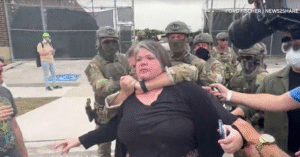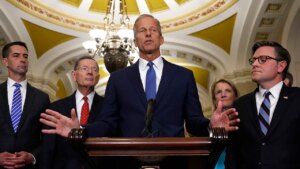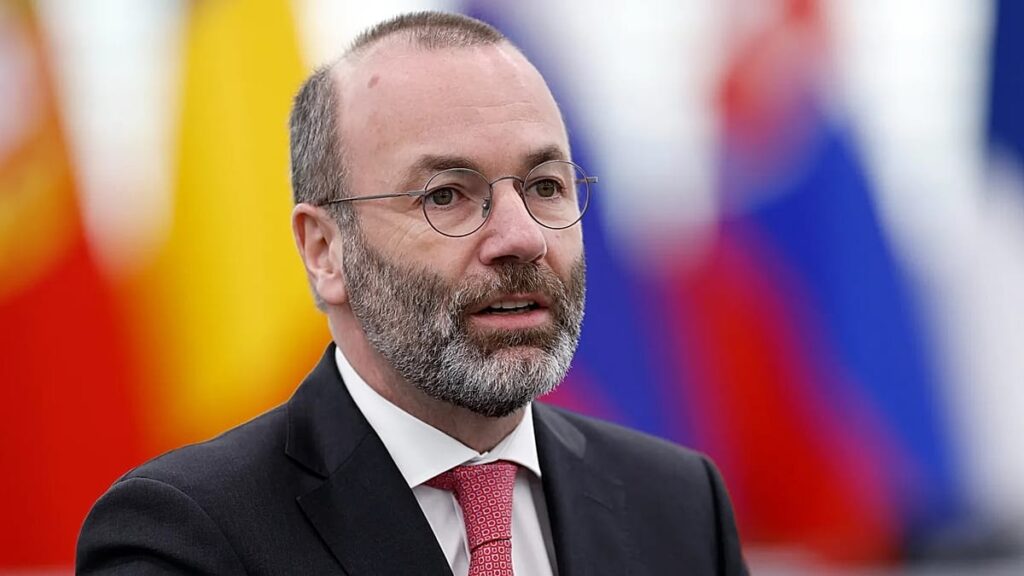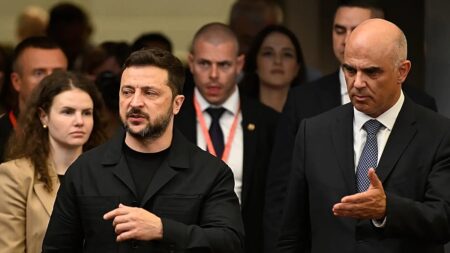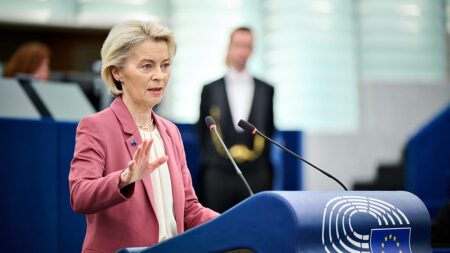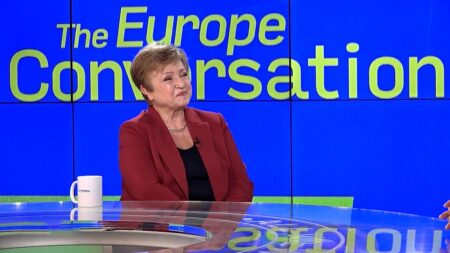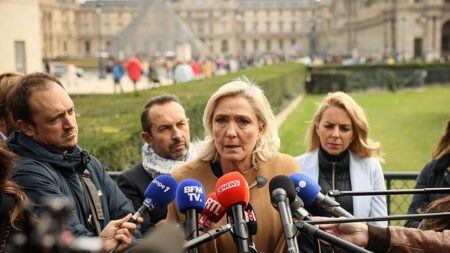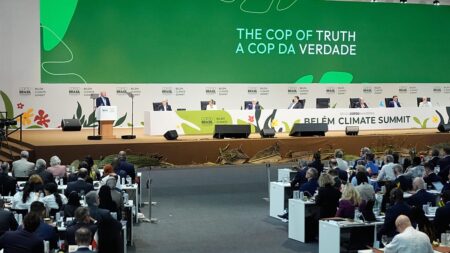The European People’s Party is opposing setting up an inquiry committee by the European Parliament to investigate an alleged spying ring led by Hungarian secret services in Brussels on the basis that it could weaponised by Viktor Orbán.
In October, the European Commission launched a probe after several media reports alleged that the Hungarian government tried to recruit EU employees in Brussels as informants. The agents reportedly posed as diplomats of the Hungarian Permanent Representation to the EU in Brussels, which was led between 2015 and 2019 by Olivér Várhelyi, who is now the Hungarian European Commissioner.
Progressive groups in the European Parliament want to hold their own parliamentary inquiry committee into the matter. The Greens, Socialists, and the liberals of Renew Europe are pushing for the inquiry committee to be set up as soon as possible.
Yet the EPP, the largest group in the Parliament, is opposing the move.
Sources in the EPP say the inquiry would “play into Viktor Orbán’s hands” ahead of a tight election due in April in which he is competing against the much younger, conservative candidate Peter Magyar, who is also a member of the EPP.
According to group sources, the EPP believes that a Parliament inquiry committee would create a stage for the Hungarian Prime Minister to boost his domestic narrative against the EU institutions and present himself as “the defender” of the Hungarian nation.
Still, the pro-European progressives say the inquiry is necessary as the allegations are serious. Hungary and Várhelyi have denied the allegations.
“We want to be sure that all the facts are on the table. The Parliament’s position may also have been damaged by this [spying activity]”, Green MEP Tineke Strik, who is also Parliament’s rapporteur for a report on the rule of law in Hungary, told Euronews.
“The question is not whether espionage took place, because we know it did. The question is where the information obtained through espionage ended up”, Hungarian Socialist MEP Csaba Molnár told Euronews, suggesting the alleged spying was carried out “on behalf of Russia and in Putin’s interest”.
EPP’s chair Manfred Weber was contacted by Euronews for comment.
While an inquiry committee can be called with the votes of just one quarter of Parliament’s MEPs, it needs the backing of the majority of the Parliament to approve it.
The first step to trigger the process comes down to the Conference of Presidents, which includes the heads of the different groups and the Parliament President’s Roberta Metsola.
Any decision within the CoP is taken by majority, where each leader’s vote is correlated to the size of their parliamentary group. That makes that EPP’s vote pivotal for an inquiry committee to be set up.
According to Parliament’s rules, inquiry committees can organise fact-finding missions, invite witnesses, hear officials of the EU or member states, and request national authorities for assistance in the course of their investigation.
Contrary to committees set up by some national parliaments, witnesses are not obliged to show up when called, nor to testify under oath.
Read the full article here

